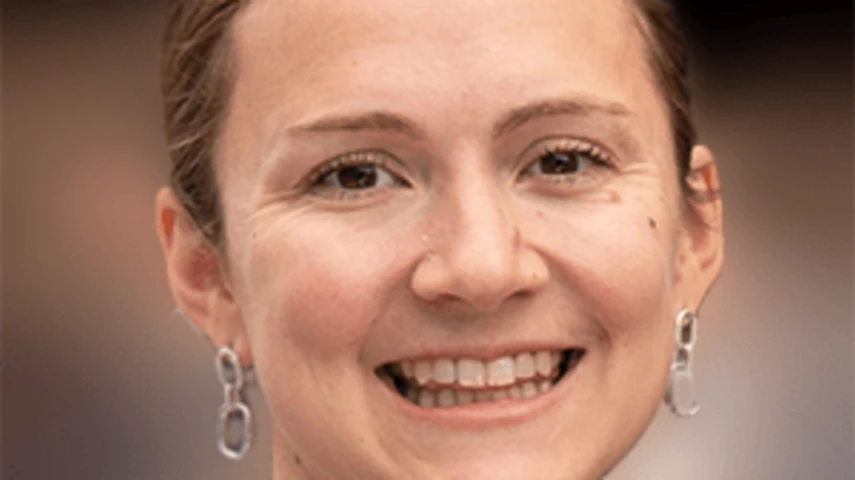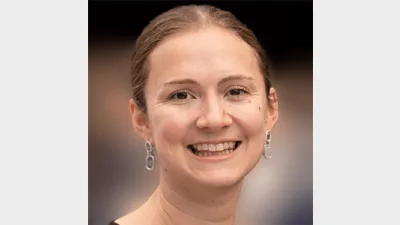Improving women’s super



The passing of Helen Hewett AM, founding member of Women in Super and former chief executive of superannuation fund Cbus from 1997-2004, has highlighted how much has changed over the years regarding the gender gap in superannuation.
Hewett founded Women in Super with three others in 1993 with the aim of advocating for reform to improve women’s economic security.
In the last 10 years, the gender super gap has narrowed from 46% in 2011 to 28% in 2021 while the amount that women hold in super has also increased. In 2011, the average female superannuation balance for women aged 60-64 was $104,734 and had increased to $146,900 in 2021.
Progress is also being made as changes were passed which would see those earning less than $450 per month receiving super for the first time. This is positive progress for women and a sign that women’s presence in the workplace is finally being reflected in their super payments.
However, it is not all good news as women over-55 are the fastest-growing category of homeless people and 34% of single Australian women over-60 live in income poverty. There are also concerns about how women who have taken parental leave are excluded from receiving super.
To make matters worse, far more women than men accessed their super early during the pandemic. As many as 70,000 of these women are also believed to have been coerced by a partner, according to the Australian Institute of Superannuation Trustees, proving abuse is not limited to physical violence and can leave women in a precarious financial situation or dependent on men for their money.
In a statement, Women in Super said: “[Hewett’s] passion for improving people’s lives, from mental health in the workplace to women’s financial security and representation in the industry, drives us as we continue to work for better outcomes for women”.
Hopefully, in the next 30 years, the superannuation industry will be able to carry on Hewett’s legacy and continue to push hard for measures to close the gender gap further still.
Recommended for you
In this episode of Relative Return Insider, host Keith Ford and AMP chief economist Shane Oliver unpack the RBA’s decision to keep the cash rate on hold in the face of rising inflation and whether the governor’s hawkish tone is a sign of things to come.
In this episode of Relative Return Insider, host Keith Ford and AMP chief economist Shane Oliver discuss the September quarter GDP figures, which show Australia’s economy regaining momentum.
In this new episode of The Manager Mix, host Laura Dew speaks to Haley Devine, head of wealth management at MaxCap Group, to delve into private credit and commercial real estate.
In this new episode of The Manager Mix, host Laura Dew speaks to Benjamin Leung, head of systematic investments at Macquarie Asset Management, to understand the use of systematic investments.








